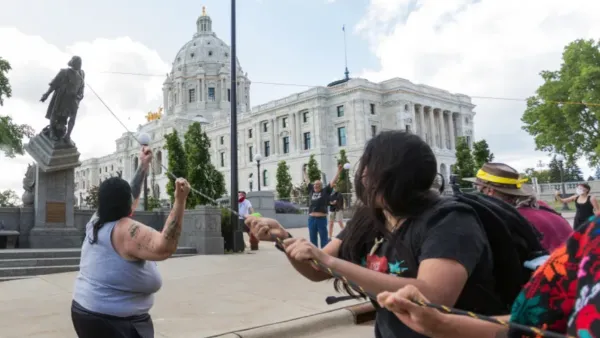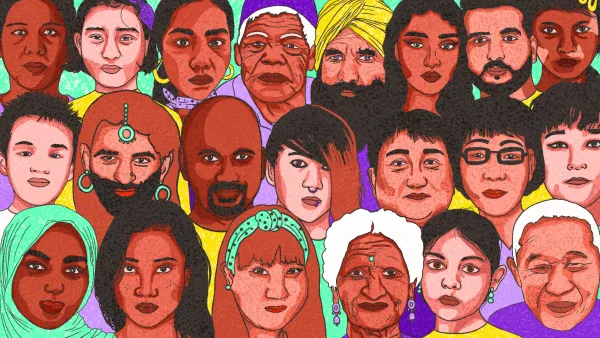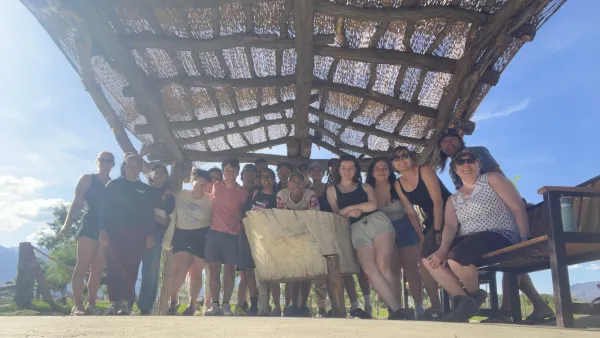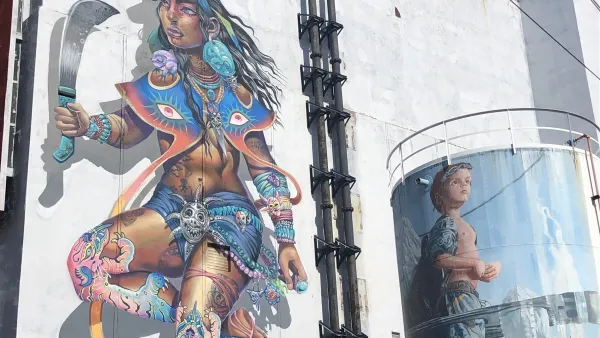L98 AMCS 227 Topics in Native American Culture: Introduction to Native American and Indigenous Studies
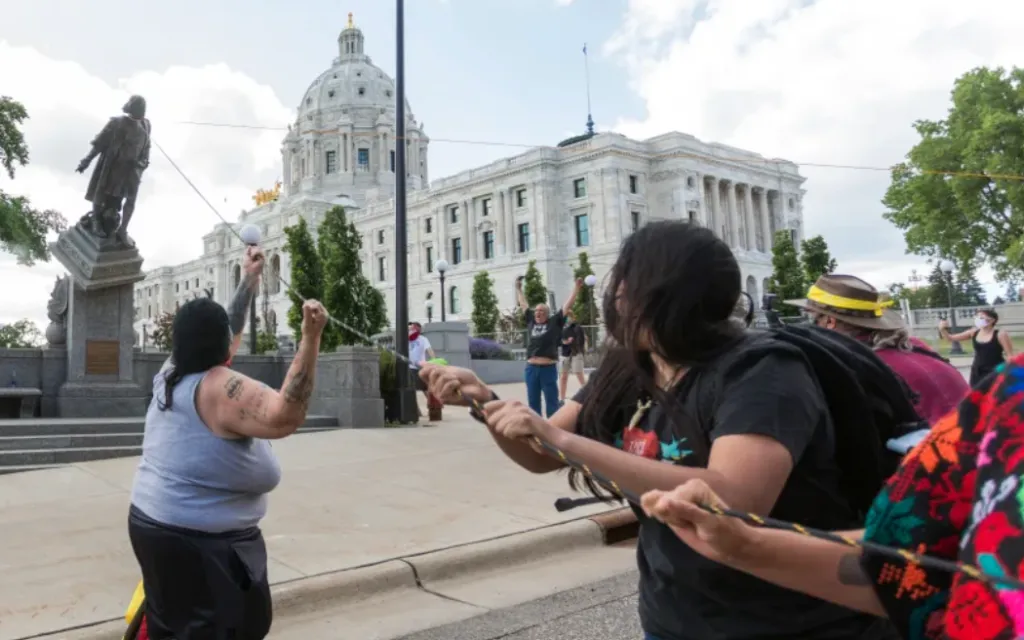
What are some things you'd like to highlight about the course?
Among the many things we do in an introductory course is learn keywords and concepts. If this is your first Native American and Indigenous Studies course, it might be the first time you’re hearing certain terms such as Indigeneity, settler colonialism, tribal sovereignty, blood quantum just to name a few. Because the Indigenous past and present is either marginalized or erased from high school (and higher education) curricula, we will spend time grappling with terms and concepts. To do this, we will together create a glossary. In groups—or individually for those who prefer to work alone—students will work to arrive at definitions of terms and explanations of concepts based on readings and possibly further research that they will post in a shared document. As we watch films, read novels, or listen to music, this document will provide us with a common language to analyze our sources. Instead of memorizing terms, we will wrestle with them to arrive at a deeper understanding of the field of Native American and Indigenous Studies.
Students will have the option to work collaboratively for their final projects—such as producing a podcast—or do a more standard written final assignment. Whatever they decide, the aim is to produce something with a public audience in mind. I’m excited to work with students as they find ways to creatively apply and express what they’re learning in the course

Dr. Gill teaches courses in Native American and Indigenous Studies and on the cultures of carcerality and imperialism. Her research and creative practice interests further include memory and memorialization, the labors of love and care, kinship and kin-making, critical geography, data visualization, mass education, social movements, and cooperative institution-building.
